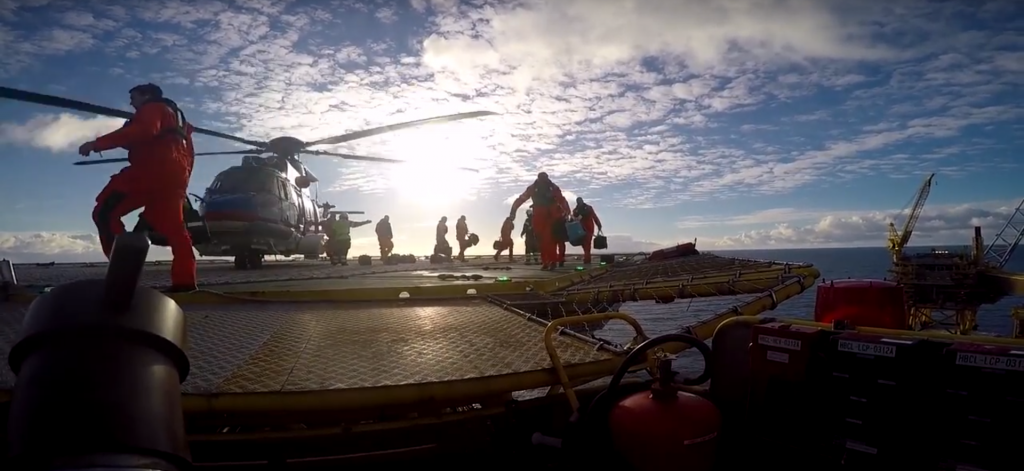
A new Aberdeen University study suggests the UK North Sea can deliver nearly 11billion more barrels of oil equivalent (boe) at “lower for longer” prices.
In their latest analysis on the prospects for activity in the region to 2050, petroleum economics professor Alex Kemp and research colleague Linda Stephen also highlight nearly 7billion barrels of “remaining unexploited potential”.
They used complex financial simulation modelling, including a forecasting method known as the Monte Carlo technique, named after the Monaco city and its famous casino, to produce likely UK North Sea industry outcomes for oil at different prices.
A key finding of the study was that in the period 2017-2050, cumulative production at oil and gas prices of $60 a barrel and 50p per therm respectively as well as “significant capital rationing” by producers will deliver 10.75billion boe.
On the basis of “very serious capital rationing”, where firms choose to focus more of their investment elsewhere in the world, cumulative recovery at these oil and gas prices will be 9.45billion boe, the report says.
The unexploited potential at $60 oil is estimated at 5.6-6.9billion boe, with the lower and upper limits reflecting firms’ willingness to invest in the UK North Sea.
With oil prices currently hovering around the midpoint of the $50-60 per barrel range, the report also considers the implications for a “lower for longer” oil and gas prices of $50 a barrel and 40p per therm respectively.
Prof Kemp and Ms Stephen say “significant capital rationing” at this level will deliver 8.79billion boe over the period 2017-2050. This reduces to 7.2nillion boe with very serious capital rationing.
Unexploited potential at these prices is estimated at 6.9-8.25billion boe.
“The very large unexploited potential indicates both the challenges and opportunities facing the industry, the OGA (Oil and Gas Authority), the OGTC (Oil and Gas Technology Centre) and the OGIC (Oil and Gas Innovation Centre), the report says.
It adds: “It is clear that a combination of further productivity improvements and oil and gas price increases can make a major difference to the overall economic recovery from the UKCS (UK continental shelf).
“Overall, the study provides a quantification of the current challenges and opportunities facing the UKCS.
“If productivity can be significantly enhanced, the economic recovery from the province can be greatly increased and the supply chain can benefit from a greatly expanded market.
“But if these productivity improvements are not achieved, the prospect is for long-term decline at a brisk pace.”
The report says developing the UK North Sea’s unexploited potential would “greatly enhance” the fortunes of the supply chain.
They add: “With lower for longer prices at the $60 price and significant capital rationing, total field related expenditures in the period 2017-2050 amount to £267billion at 2017 prices, of which development expenditures account for £89.3billion, operating costs £123.7billion, and decommissioning costs £54.2billion.
“In the (extremely unlikely) event that all the unexploited discoveries were developed by 2050, a further £100billion of field investment would result, and total expenditures could be increased by over £175billion.
“Even the development of, say, 50% of the undeveloped discoveries would make a major difference to the fortunes of the supply chain as well as the economic recovery from the province.”
The report says an increase in exploration activity may have a big impact on longer term activity and economic recovery from the UK North Sea.
It also says the growing importance of decommissioning activity is a “noteworthy feature” of the study findings, adding: “Decommissioning expenditures constitute an increasing share of total industry expenditures over the next two decades.”
In addition, the research looked at the speed at which the economic limit of fields is reached, relative to oil prices.
“There is a substantial acceleration of COP (cessation of production) dates at the $50 price, compared to $60,” the report says.
Recommended for you
